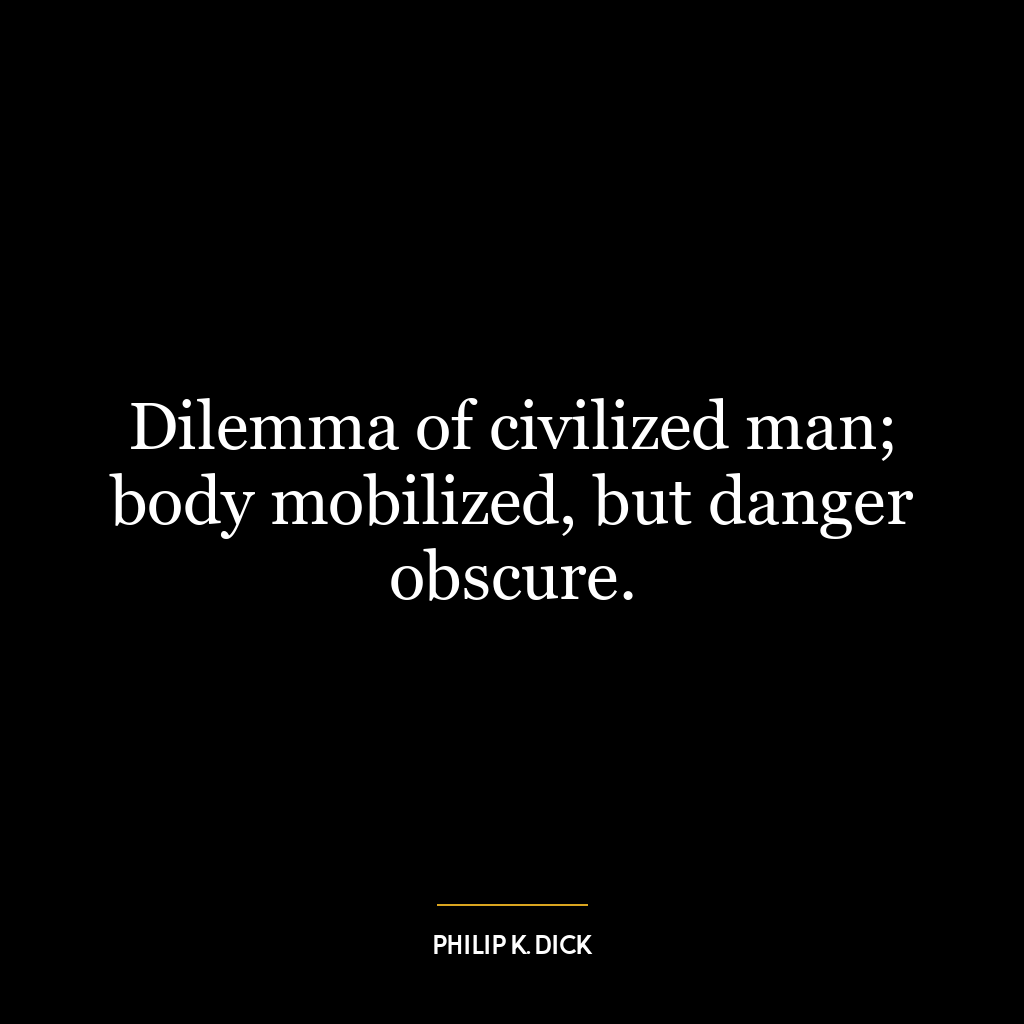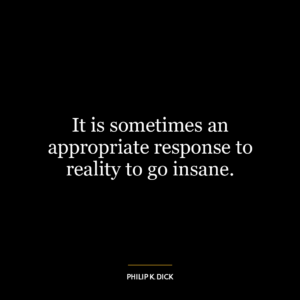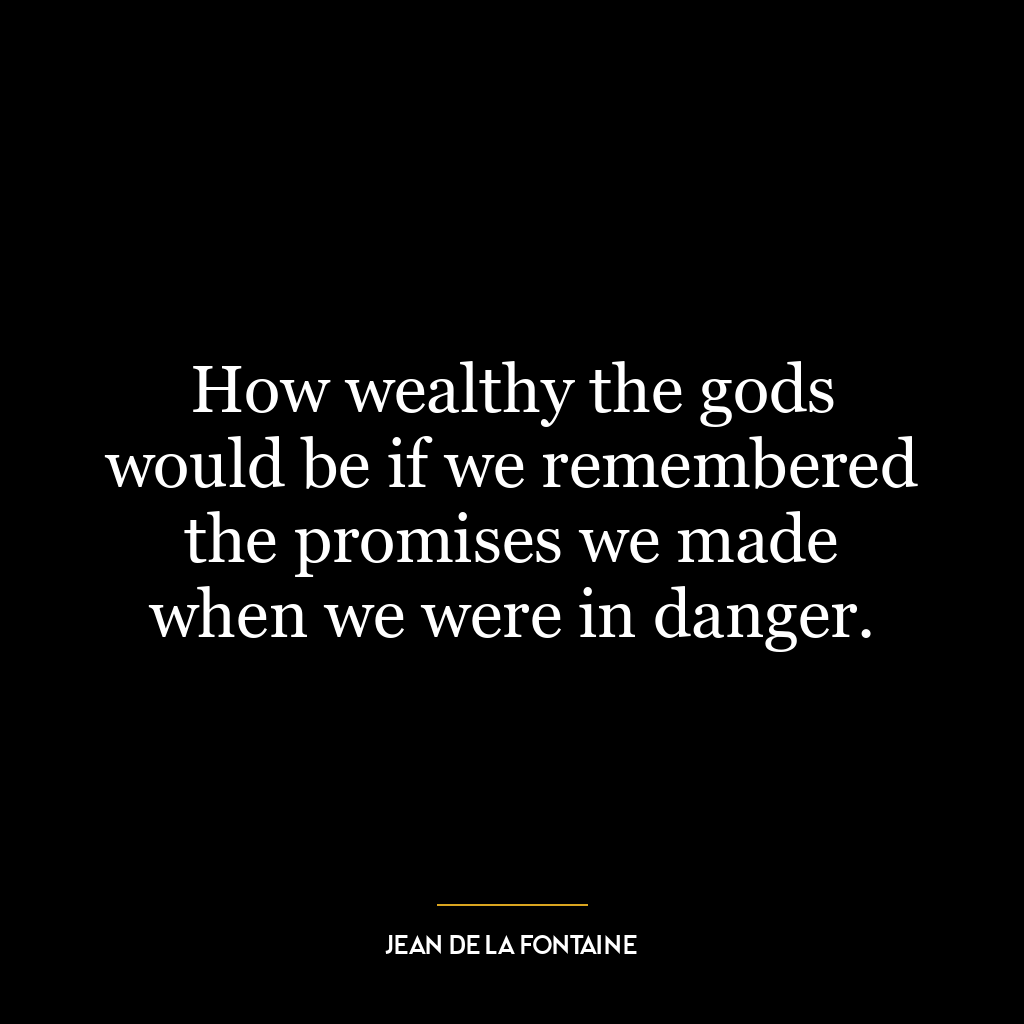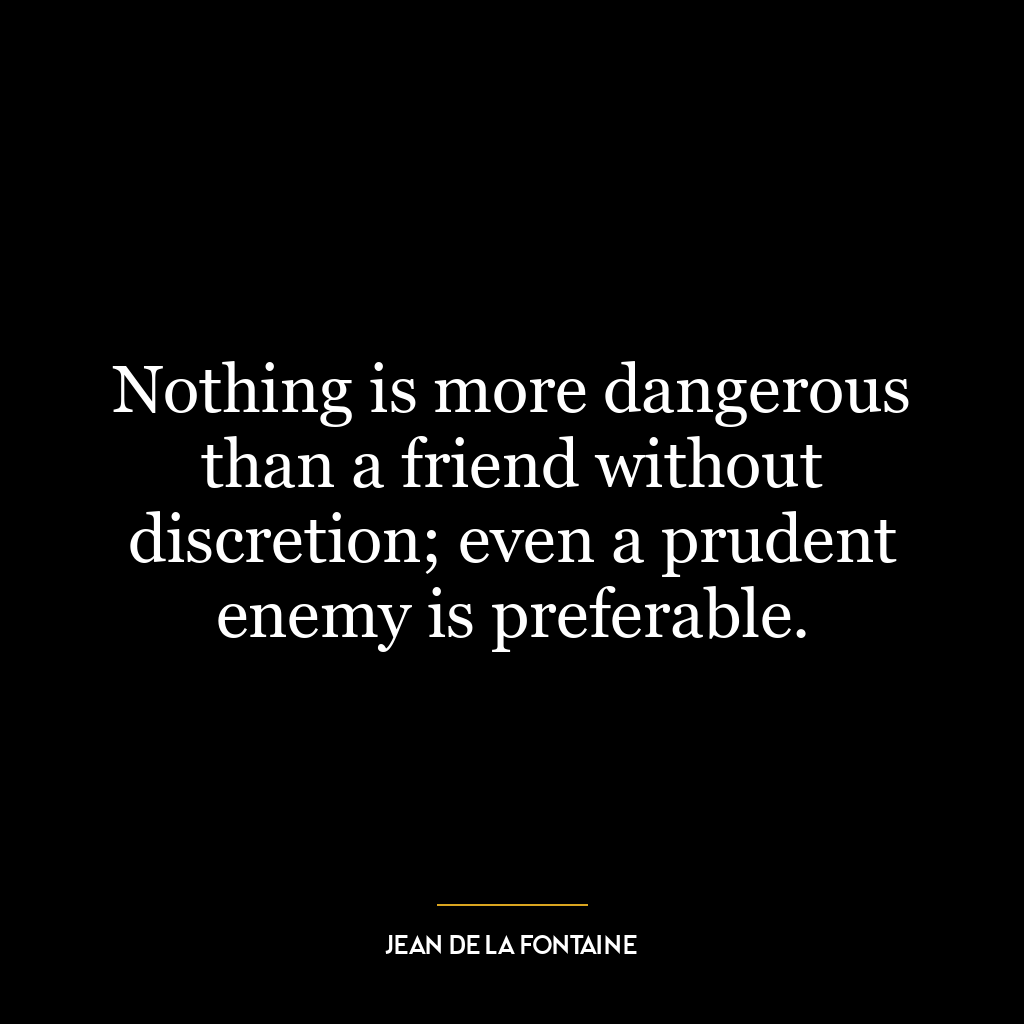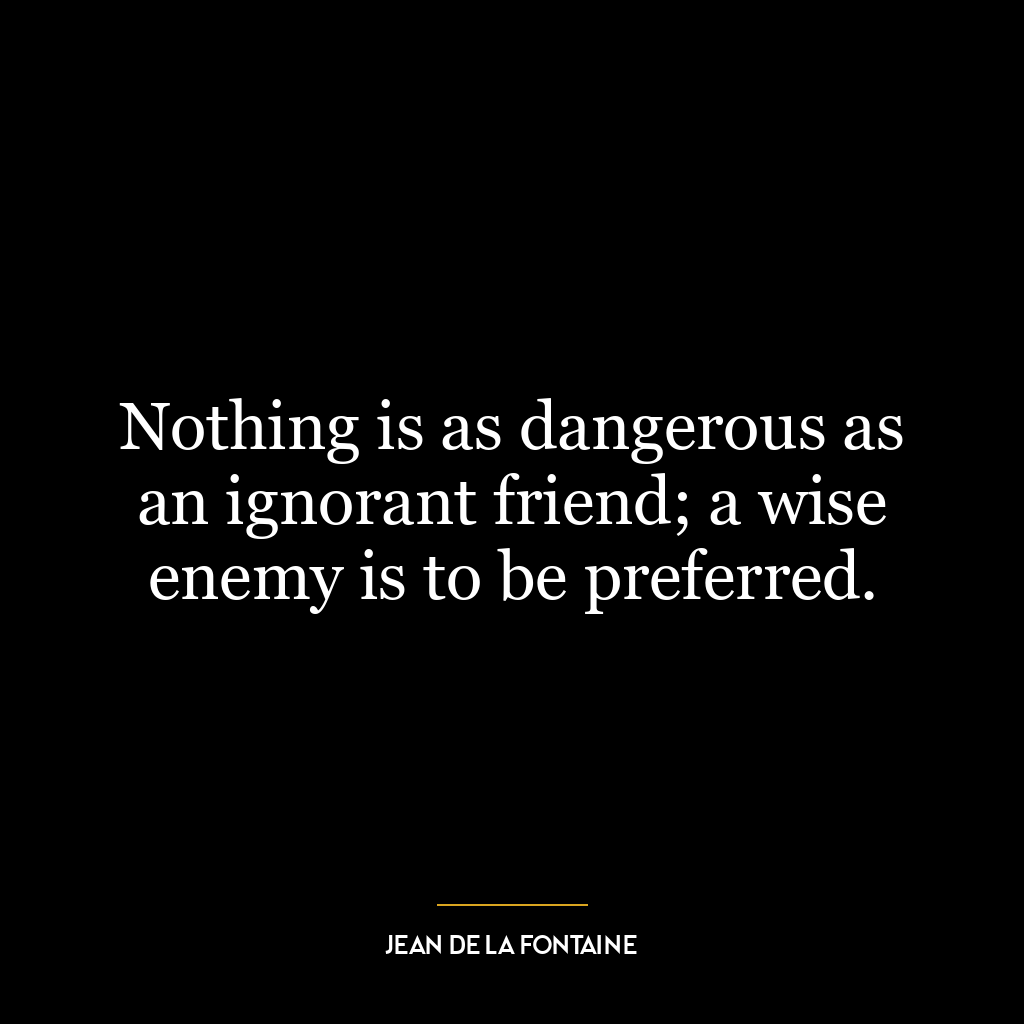Dilemma of civilized man; body mobilized, but danger obscure.
“Dilemma of civilized man; body mobilized, but danger obscure” is a profound statement that encapsulates the paradoxical situation of modern human existence. The phrase “body mobilized” signifies our physical readiness and capability to respond to threats or challenges – a trait inherited from our ancestors who had to fend off predators and survive in harsh environments.However, the part “danger obscure” suggests that unlike our ancestors, the dangers we face today are not as clear-cut or immediatly recognizable.
In ancient times, threats were usually physical and immediate – such as an attacking animal or an enemy tribe. but in today’s world, dangers often come in more subtle forms like stress, mental health issues, digital misinformation etc., which are not directly identifiable nor can they be fought off with physical strength alone.
This presents a dilemma for us – while we’re physically equipped to handle danger (our bodies being ‘mobilized’), we frequently enough struggle to identify what exactly it is indeed we’re supposed to be fighting against (the ‘danger’ being ‘obscure’). This disconnection between our instinctive responses and the actual nature of modern-day threats can lead us into inappropriate reactions like anxiety or aggression towards perceived but ill-defined threats.
Applying this idea in personal advancement could mean cultivating awareness about this disconnect within ourselves.It might involve learning how to better recognize and respond appropriately to modern-day ‘dangers’. For instance, instead of allowing stress (an obscure danger) trigger a fight-or-flight response (body mobilization), one could learn strategies for managing stress effectively such as through mindfulness practices or cognitive behavioral techniques.
In broader societal terms too this concept has relevance. For example, understanding that fear-based reactions towards complex issues like climate change or political conflicts may not always yield productive solutions because these are ‘obscure dangers’ requiring thoughtful analysis rather than just instinctive responses.
So essentially Philip K Dick’s quote serves as a reminder about the need to evolve our responses and strategies to suit the changing nature of threats in the modern world.

